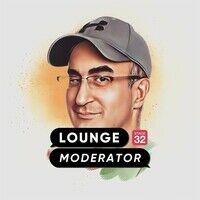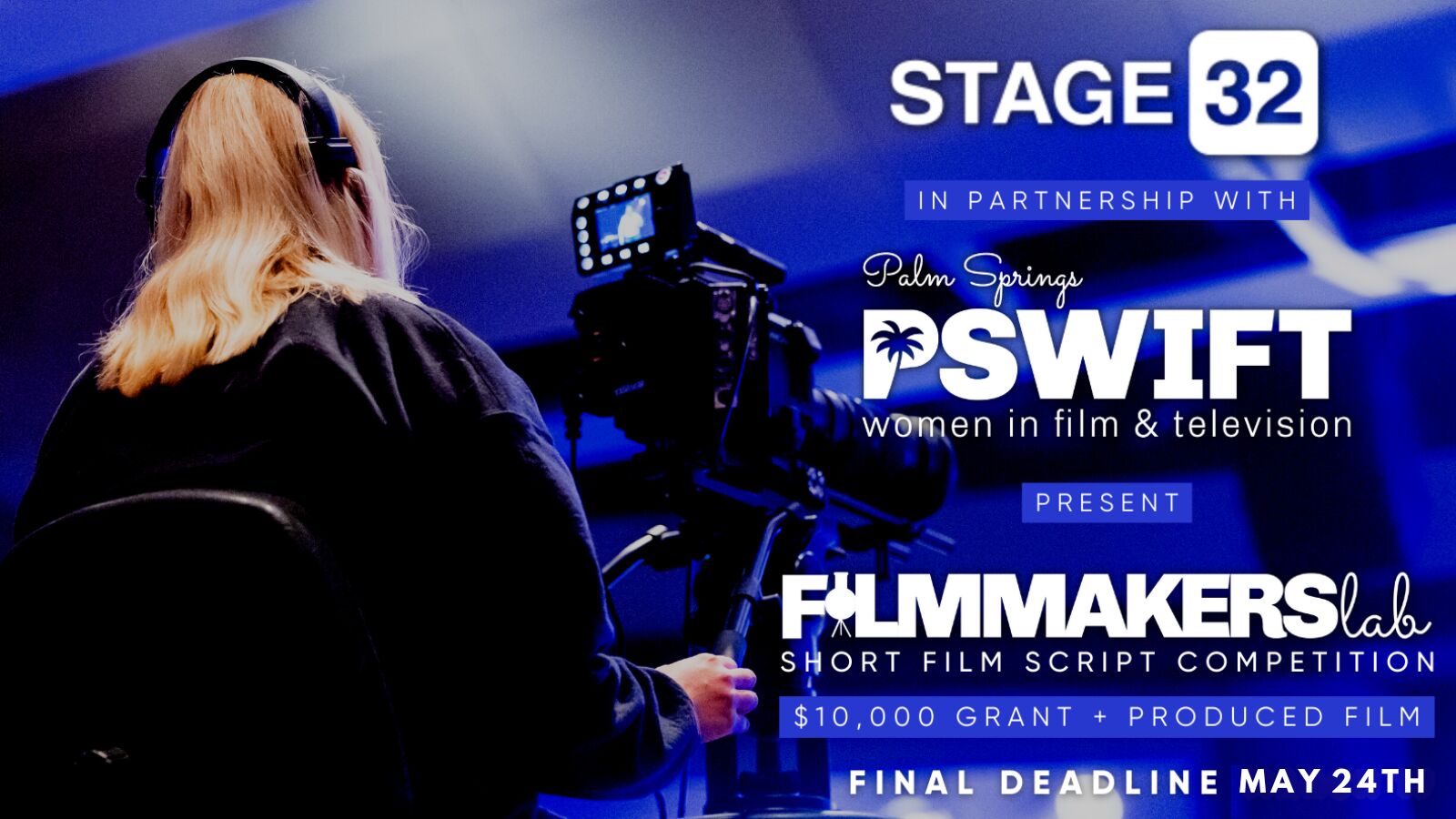
The SCAMPER technique, brought to you by the crazy creative wizard Alex Faickney Osborn, isn't just your strange run-of-the-mill brainstorming tool.
It's like a treasure map for your mind! Osborn, a wordsmith and advertising guru who coined the term "brainstorming," gave life to this unique method that's all about juggling ideas and turning them into magical creative sparks. I've been using and want to share it with you. All it takes is contemplating each letter in SCAMPER. This came from the 1930s-40s, not modern day.
SCAMPER, the seven-letter creative technique, stands for Substitute, Combine, Adapt, Modify, Put to Another Use, Eliminate, and Reverse (or Rearrange). It's like a creative juice for your brain, encouraging you to take an ordinary idea and twist it, shake it, and flip it around to discover hidden gems. I am a person who has used to suffer writer's block. No longer. Why? Because, I feel the creative process is infinite in nature to me. The book Breakout Principle helped.
Osborn's mission with the SCAMPER technique was to set your creativity free from its mind cage! By urging you to play with the elements of an idea or problem, SCAMPER is like a friendly nudge from your mischievous muse. Swap this for that, mix and match, adapt to new adventures, or even toss out the fluff – it's all part of the enchanting SCAMPER dance.
So, whether you're a storytelling magician or a cinematic worker, the SCAMPER technique is your secret spellbook. It's your ticket to thinking beyond the mundane, sparking innovation, and sprinkling your projects with a dash of whimsy. By embracing these enchanting principles, you and your creative crew can embark on epic quests and conjure up captivating tales within your chosen realms.
S - Substitute is the first word. This involves replacing or changing elements of the concept or problem with something different.
C - Combine/Combining ideas are necessary. It encourages merging or combining elements from different sources or ideas to create something new.
A - Adjust or Adapt! It focuses on adapting or adjusting the concept to different situations or contexts.
M - Mutate or Modify! Involves changing or altering various aspects of the idea, such as its shape, color, or structure.
P - You can Put to Another Use! This encourages us to think about how the concept can be used in a different context or for a different purpose.
E - Can you Eliminate? Involves identifying and removing unnecessary or redundant elements from the idea.
R - Can you Reverse (or Rearrange)? It prompts you to consider reversing the order, process, or perspective of the idea or problem to generate new insights
You just have to ponder each element. Reflect on each one as it relates to element of your script. You sit and ponder on each one. Then go through each element of your story or script.



1 person likes this
I've never heard of SCAMPER before, @Mario Leone. Great timing. I'm gonna brainstorm a script idea and outline it tomorrow for November Write Club. Thanks for sharing.
1 person likes this
Maurice Vaughan just simply pick out the elements that are problematic in your script or an obstacle holding you back from something. Then just go down the list and ponder each letter as a question. Don’t do anything other than ponder it. And the answers will show itself.
1 person likes this
Alright, thanks, @Mario Leone.
1 person likes this
Maurice Vaughan
feel free to come back and comment with your results. If it was supportive…
Ok, I will, Mario Leone .
1 person likes this
So you've never suffered writer's block? How long you been writen?
2 people like this
Doug Nelson I have been writing since 12. I have suffered until I read this book. Then gone! When I used to get writer's block. I changed my patterns. I get away from the material. I go outside. I go for a walk. I get in nature. I let go of the work. Because that block is inner resistance , not outer.. Read the "The Breakout Principle" is a concept and book by Dr. Herbert Benson (Harvard), a physician and mind-body medicine expert. It explores the idea that moments of insight and creativity often occur when we reach a state of mental and emotional calm and relaxation, known as the "Breakout State." When you have a breakout? The writer's block is broken...and you're past it.
3 people like this
This is such a useful technique and unique way to think differently about the story structure to expand our thinking outside of the box more. I will refer back to this article, well written
2 people like this
Mario Leone Writer’s Block? Me neither, Mario.
1 person likes this
Mario Leone, thanks for the great advice!
2 people like this
Thanks for sharing, Mario Leone! This is great!